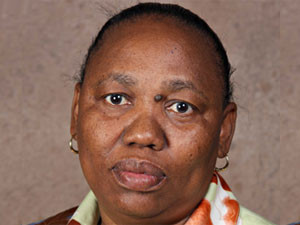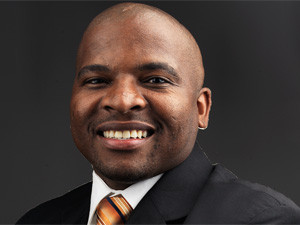
More than a decade after a strategy aimed at beefing up mathematics, science and technology skills at primary and secondary schools was implemented, the technology component has been left lagging, and is not used as an education tool.
This is one of the findings of a task team, appointed by the minister of basic education to probe the implementation of government's 2001 mathematics, science and technology (MST) strategy. The task team's recently released report has spurred the Department of Basic Education to act to remedy the situation.
The probe also found that teachers are ill-equipped to provide technology related training; a dearth of funding hampers access to technology; and that there are not enough resources to ensure quality MST education.
As a result, notes a commentator, SA's learners are being left behind, as technology is not used on a daily basis as a tool; instead, computers are merely being used to teach PC literacy.
In all but Gauteng and the Western Cape, there are too few qualified technology teachers, and resources - such as equipment - are not available in many schools, resulting in the subject being neglected. A budget for equipment and software is also lacking in many schools.
Missing in action
The initial 2001 strategy aimed to increase the number of black students writing mathematics and physical science in matric, to provide high-quality MST education, and to improve capacity to deliver on these aims.
Yet, the task team found "the acronym MST is generally translated as mathematics and science. The T for technology is largely disregarded".

Instead of being used as an enabler, computers - when available - are found in computer labs and are not being used as tools. Teachers also do not have the skills to use technology as a teaching and learning aid, the team found. "The equipment, when provided, is under-utilised because staff generally do not know how to use these tools."
While technology is "generally" acknowledged as a teaching and learning resource in provincial strategies, only in KwaZulu-Natal is this taken as far as being considered a "strategic pillar".
Positive aspects highlighted by the team include a willingness for teachers to be trained, private sector willingness to support education, available technology that can be used to solve problems around sharing information, and some provinces having strategies that are aligned with the national department.
However, these strengths are overshadowed by the litany of weaknesses.
Left behind
Industry commentator Andile Tlhoa'ele says the use of computers in the classroom should go beyond mere literacy, as failing to use technology as a learning instrument disadvantages students when they enter the workplace or higher education institutions.
"It's not the fact that you know how to drive, but that you know where you are driving to."

Tlhoa'ele says South African children are being left behind, because they are not able to use readily available resources to progress in subjects such as mathematics, science and accountancy. "It is, in fact, a sad indictment."
Even a solitary computer can go a long way to provide teachers with support, especially in mathematics and science, says Tlhoa'ele. He notes that teachers are not exposed to technology and are not able to find resources.
Tlhoa'ele is not surprised at the report's findings, as he has previously seen a failure to co-ordinate resources in schools. "The resources are there, on the Internet, but there is no co-ordination."
Fixing
Among the team's recommendations is that a national, dedicated MST office be set up, a focused teacher development and support programme be created, and that aims of this office be prioritised. The task team studied both national and provincial strategies, engaged with provincial departments, and conducted interviews with teachers, heads of departments and officials.
National and provincial departments must agree on priorities, the report states. This is because of the large number of objectives, and scarcity of resources, requiring focus to be narrowed on critical concerns.
"It was evident to the task team that the objectives and the strategies are laudable, but the human and financial resources provided to achieve the objectives are inadequate."
Responding to the report, minister Angie Motshekga says the department has developed a draft implementation plan on the back of engaging provinces to address issues in the report. She says the plan is being finalised and provincial strategies will be aligned.
Motshekga adds the department is looking into setting up an MST directorate and is reviewing organisational structure to strengthen the MST strategy. The department still has to consult higher education institutions to strengthen teacher development programmes, especially in MST, she says. "This matter will be given the attention it deserves."
The department says it is vital that more black students take up mathematics and science, and that high-quality mathematics, science and technology education be provided. It is also important to enhance teaching capacity for these subjects, it adds.
"The department has made noticeable progress in responding to the recommendations of the task team," says Motshekga.
Share